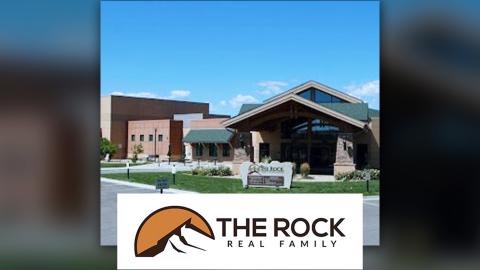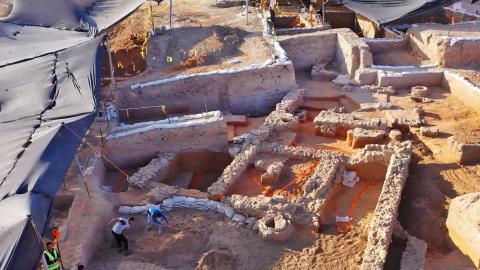
Israeli Archaeologists Find Ancient Building from Time of the Sanhedrin
JERUSALEM, Israel – For the first time, Israeli archaeologists say they have found the remains of a building from the time of the Sanhedrin – a Jewish assembly that served as the supreme legislative body in ancient Israel.
Archaeologists uncovered the building in the central Israeli city of Yavne. The Sanhedrin relocated to Yavne after the destruction of the Second Temple in Jerusalem more than 2,000 years ago.
Among the remains, they found chalkstone cups, “clear evidence that its occupants were observing Jewish laws of ritual purity,” the Israel Antiquities Authority (IAA) said in a statement.
Excavators also found an impressive cemetery about 230 feet away from the building. Experts say the location of the cemetery would have likely put it outside of the boundaries of the city in accordance with Jewish and Roman law.
“We encountered dozens of carefully arranged tombs spaced out at set distances, which probably indicates the existence of a ‘burial society’—some official body that was responsible for burial,” said Pablo Betzer and Dr. Daniel Varga, directors of the Yavne excavation for the IAA. “There are different types of tombs: some are coffins (sarcophagi), which are made mostly of stone with one lead coffin.”
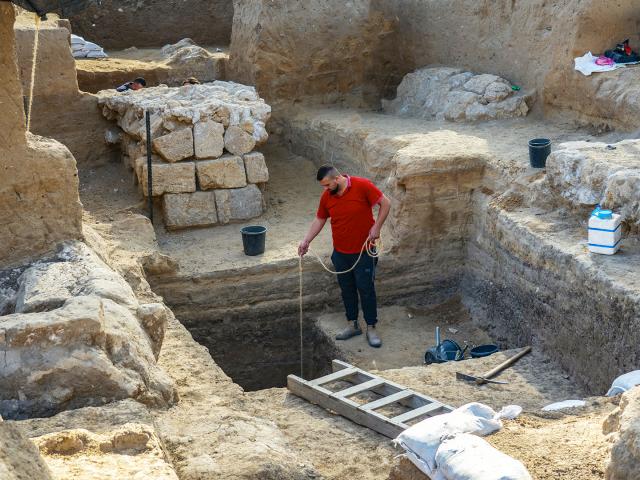
Work on the ancient cemetery in Yavne. Photo Credit: Yaniv Berman, Israel Antiquities Authority
Archaeologists don’t know for sure who is buried in the cemetery because there are no ethnic symbols on the coffins. But they speculate “with all due caution” that the coffins could belong to the ancient Jewish inhabitants and perhaps even some of the members of the Sanhedrin.
“If this hypothesis is correct, then at least some of the tombs, perhaps the most elaborate, may belong to the sages of Yavne, contemporaries of Rabban Yohanan ben Zakkai, Rabbi Akiva and Rabban Gamliel,” the IAA said.
***Please sign up for CBN Newsletters and download the CBN News app to ensure you keep receiving the latest news from a distinctly Christian perspective.***
Excavators found 150 glass vials on top of tombs.
“The vials were probably used to keep precious liquids such as fragrant oils,” said Dr. Yael Gorin-Rosen, head of the IAA’s glass department.
“About half of them were locally produced and the other half were imported from Alexandria in Egypt. Vials of this type have been recovered in excavations at both Jewish and pagan burial sites from the first to the early third centuries CE. It is a mystery why the vials were placed outside the tombs in Yavne and not inside them, as was usual,” Gorin-Rosen said.
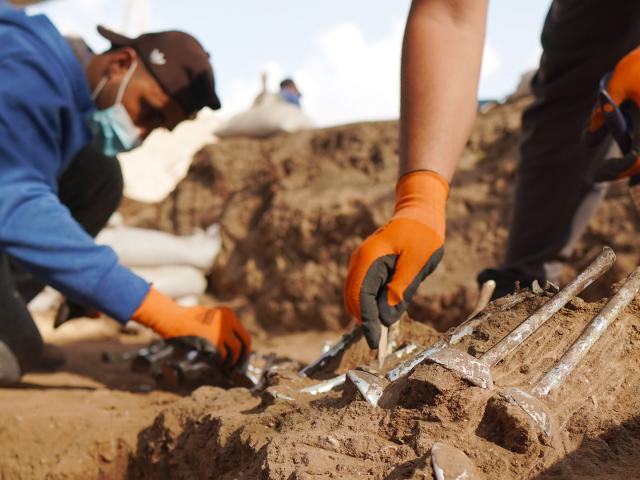
Glass vials found on top of the tombs. Photo Credit: Yaniv Berman, Israel Antiquities Authority
After the Romans destroyed the Second Temple of Jerusalem and the Sanhedrin relocated to Yavne, the city became the spiritual center of ancient Israel. It was there that the ancient Jewish sages “restored the Torah to the Land of Israel and established laws in keeping with the new reality, without the Temple. It can be said that the foundations of Judaism as we know it today were laid in Yavne,” the IAA said.
This latest archaeological discovery was made during attempts to build new housing units in the modern city of Yavne. Oftentimes before the construction process begins in Israel, the IAA conducts excavations to find and preserve any archaeological finds.
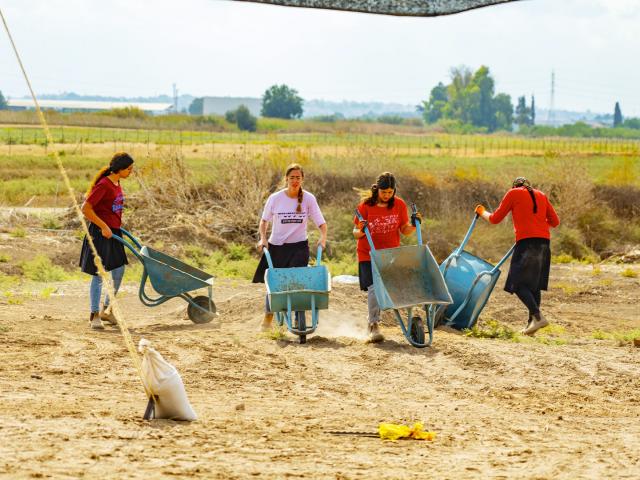
Hundreds of youths and pre-military program students are participating in the excavation. Photo Credit: Yaniv Berman, Israel Antiquities Authority
“It is exciting to see ancient accounts of the Sanhedrin translated into actual evidence in the field, with vessels, installations and buildings,” said IAA Director Eli Eskozido. “With the project’s initiators at the Israel Land Authority and Yavne municipality, the Israel Antiquities Authority is examining the possibility of preserving some of these finds and presenting them to the general public.”




